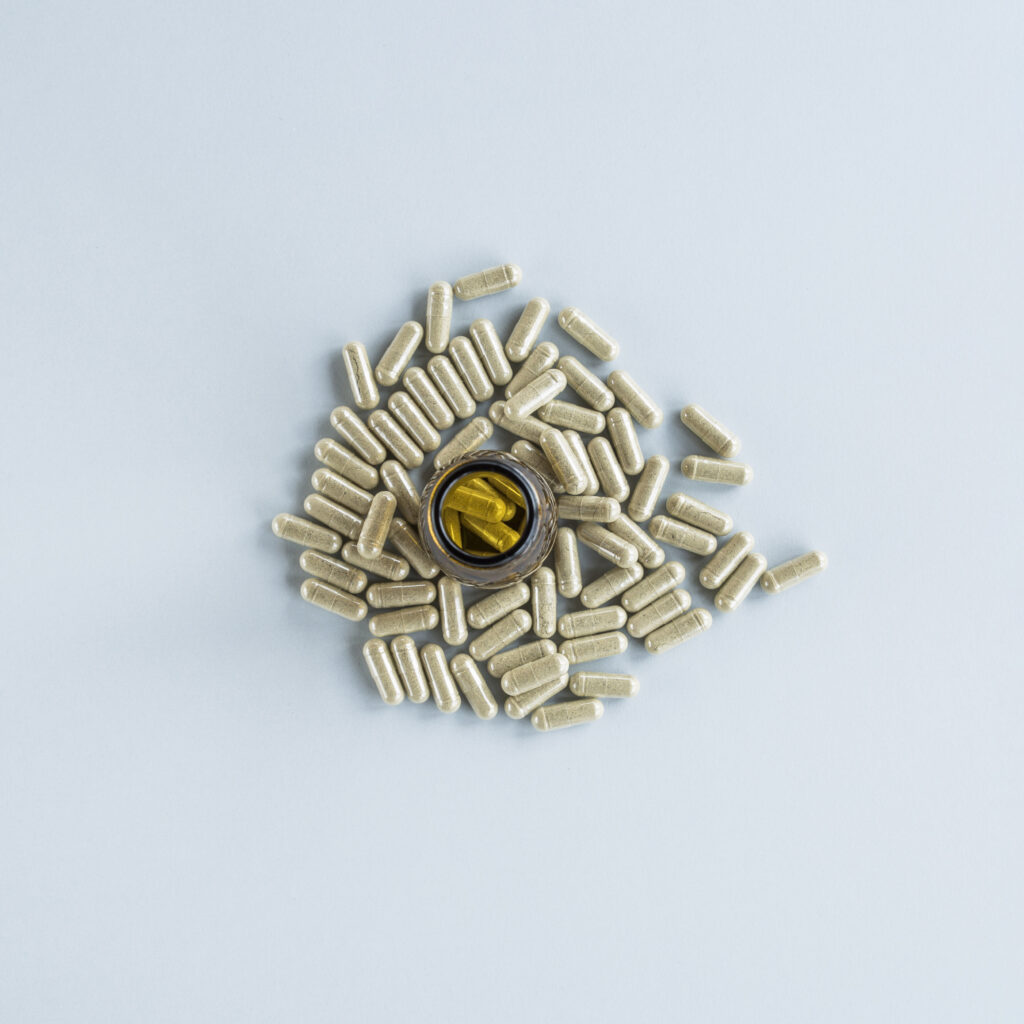Bowel Endometriosis Symptoms and How Probiotics Can Help

Bowel endometriosis is a condition where tissue similar to the lining of the uterus grows on the bowels, causing a range of digestive and systemic symptoms. While endometriosis is commonly known for affecting the reproductive organs, bowel endometriosis can significantly impact a person’s digestive system, leading to painful and chronic issues. In this article, we will explore the common symptoms of bowel endometriosis and how probiotics may help alleviate some of the digestive discomforts associated with this condition.

What is Bowel Endometriosis?
Endometriosis is a condition where tissue similar to the lining of the uterus, known as endometrium, grows outside of the uterus. Bowel endometriosis refers specifically to endometrial-like tissue found on or near the intestines or other parts of the digestive system. This tissue behaves similarly to uterine tissue, thickening, breaking down, and bleeding during each menstrual cycle. However, as it is outside the uterus, there is no way for the blood to exit the body, leading to inflammation, scarring, and sometimes, the formation of adhesions.
Common Symptoms of Bowel Endometriosis
Bowel endometriosis can affect the large and small intestines, often causing overlapping symptoms with other gastrointestinal conditions. Here are some of the most common symptoms:
Chronic Constipation
One of the most common symptoms of bowel endometriosis is chronic constipation. This occurs when the endometrial-like tissue grows near or on the intestines, affecting normal bowel movement. This can lead to a blockage in the intestines, making it difficult for food to move through the digestive system.
How Probiotics Help
Probiotics, particularly strains like Bifidobacterium and Lactobacillus, have been shown to help alleviate constipation by promoting healthy gut flora and improving intestinal motility. They work by helping balance the gut microbiome, which is essential for smooth digestion.

Diarrhea
In contrast to constipation, some individuals with bowel endometriosis experience diarrhea. This happens when the endometrial tissue or inflammation near the bowel interferes with the normal functioning of the intestines. The presence of this tissue can irritate the digestive tract, causing the muscles in the intestines to contract more quickly than normal, leading to frequent and urgent bowel movements. As a result, individuals may experience a sudden onset of diarrhea, often accompanied by cramping, bloating, and an overwhelming sense of urgency. This can disrupt daily life, causing discomfort and embarrassment. Managing diarrhea in bowel endometriosis often requires a combination of dietary adjustments, stress management, and in some cases, probiotic supplements, which can help stabilize gut function and reduce the frequency of these distressing episodes.
Bloating and Abdominal Distension
Bloating is another common symptom of bowel endometriosis. The inflammation caused by endometrial-like tissue growth can lead to gas buildup and a feeling of fullness or heaviness in the abdomen. This can be exacerbated by the hormonal changes that occur during the menstrual cycle.
Pain During Bowel Movements
Many individuals with bowel endometriosis experience significant pain during bowel movements. This can be caused by the inflammation and scarring of the tissue surrounding the intestines. The pain is often cyclical, corresponding with the menstrual cycle, and can range from mild discomfort to severe cramping.
Fatigue and Nausea
Though not a direct gastrointestinal symptom, fatigue and nausea are commonly reported by individuals with bowel endometriosis. This may occur due to the chronic pain and discomfort, or it may be a result of malabsorption issues caused by the disrupted digestive function.

The Role of Probiotics in Managing Bowel Endometriosis
Probiotics can play a significant role in managing bowel endometriosis symptoms, particularly those related to gut health. These beneficial microorganisms work by restoring balance to the gut microbiome, reducing inflammation, and supporting overall digestive function. A healthy gut flora can help alleviate symptoms like constipation, diarrhea, bloating, and pain, all of which are common in individuals with bowel endometriosis.
Bioma offers a range of high-quality probiotics designed to support digestive health and overall wellness. For individuals with bowel endometriosis, Bioma’s probiotics can help promote healthy digestion, alleviate symptoms such as bloating and constipation, and support immune function. With a focus on gut health, Bioma’s products provide a reliable solution for managing digestive discomfort and maintaining optimal well-being.

Endometriosis Management
Bowel endometriosis can be a challenging condition to manage, but with the right treatment plan, many individuals find relief from their symptoms. Probiotics offer a supportive role in managing digestive symptoms associated with bowel endometriosis, such as constipation, diarrhea, bloating, and pain. By maintaining a balanced gut microbiome, probiotics can help improve overall gut health, reduce inflammation, and support better digestion. However, it is important to remember that probiotics should be used as part of a broader treatment approach, including medical supervision and personalized care.
Related articles



